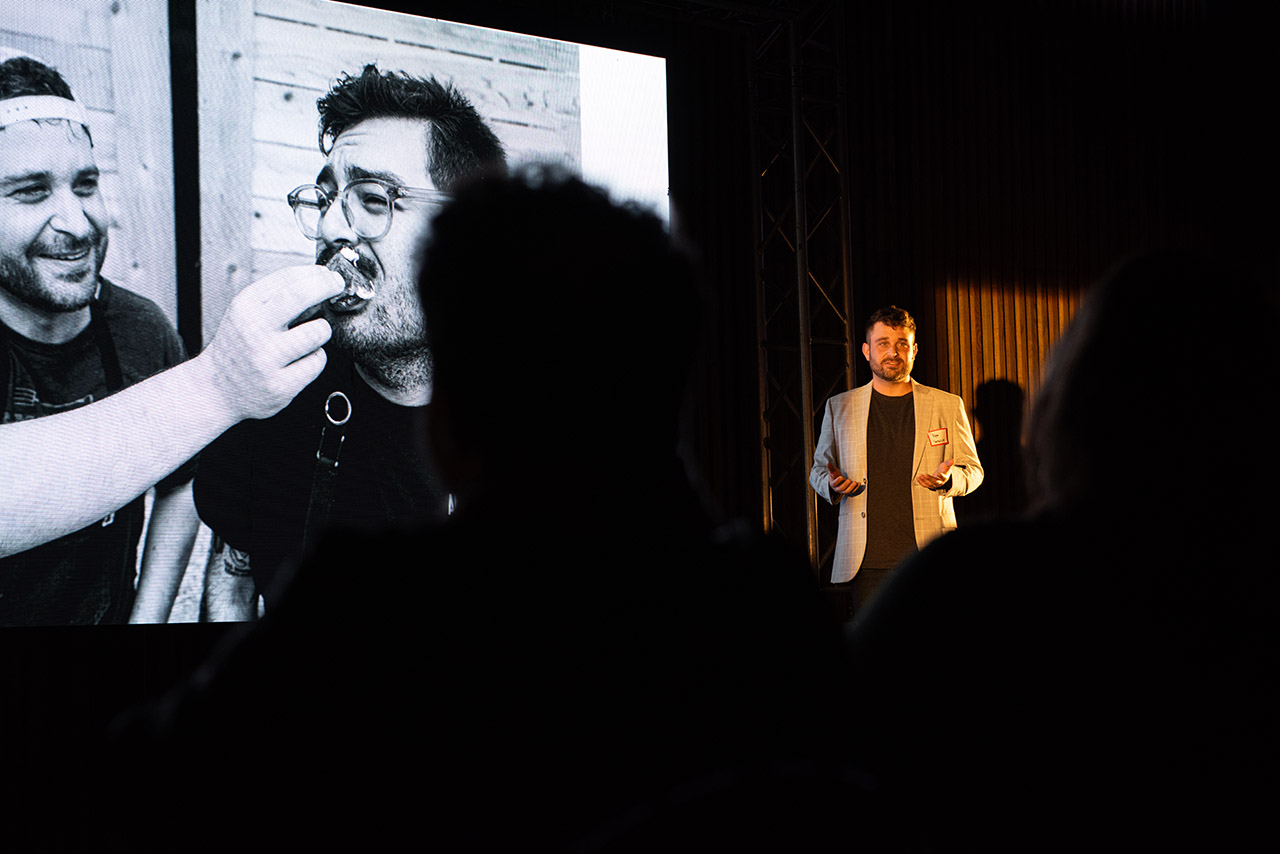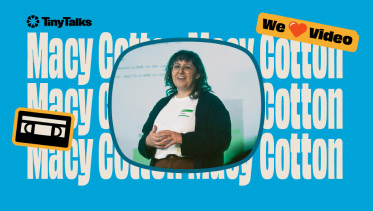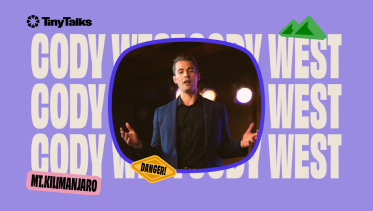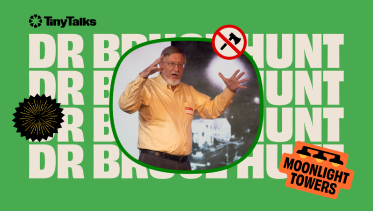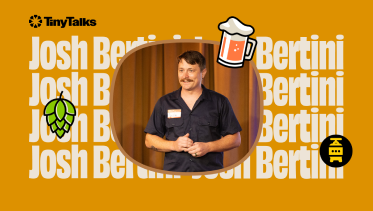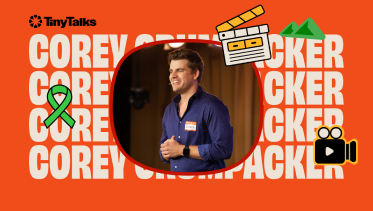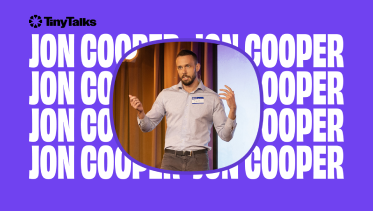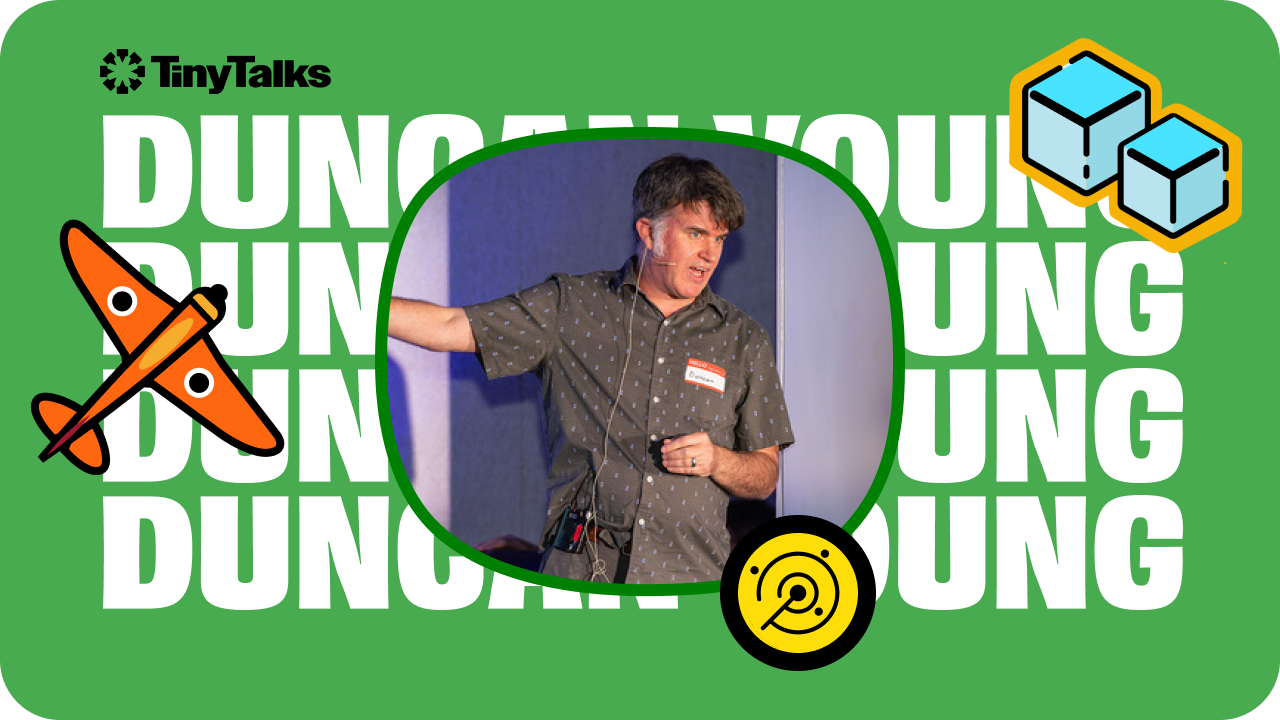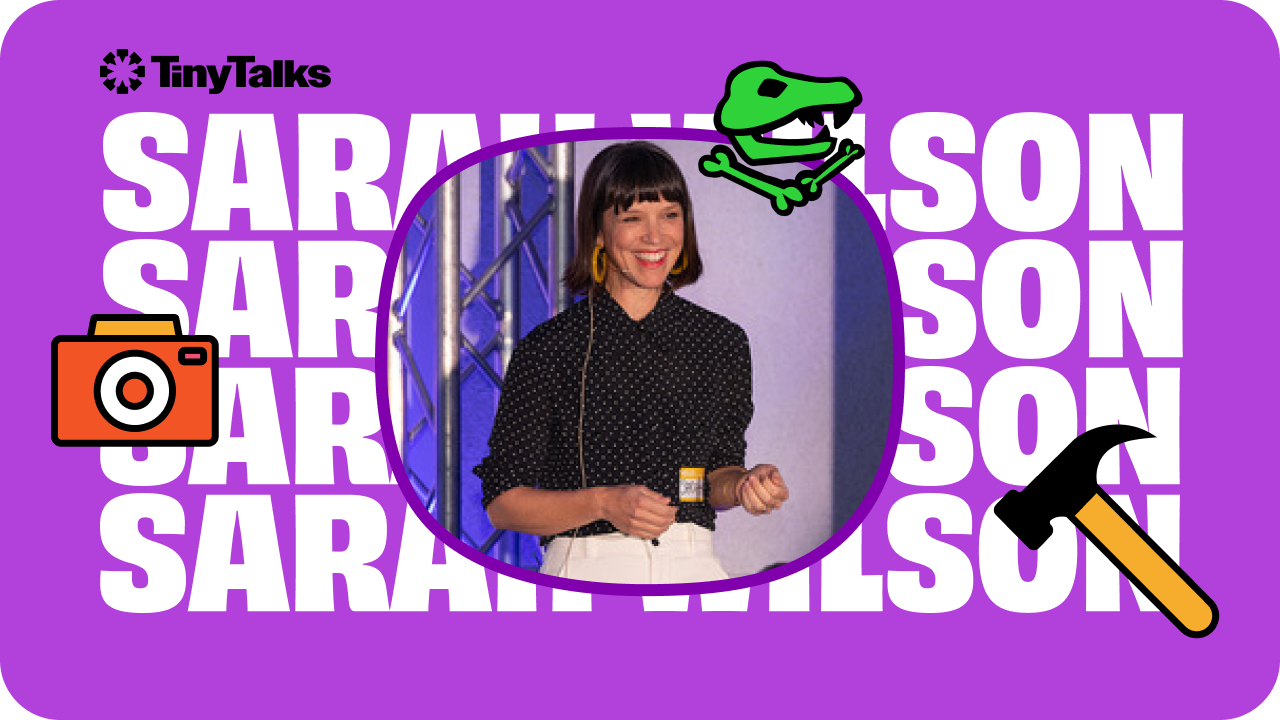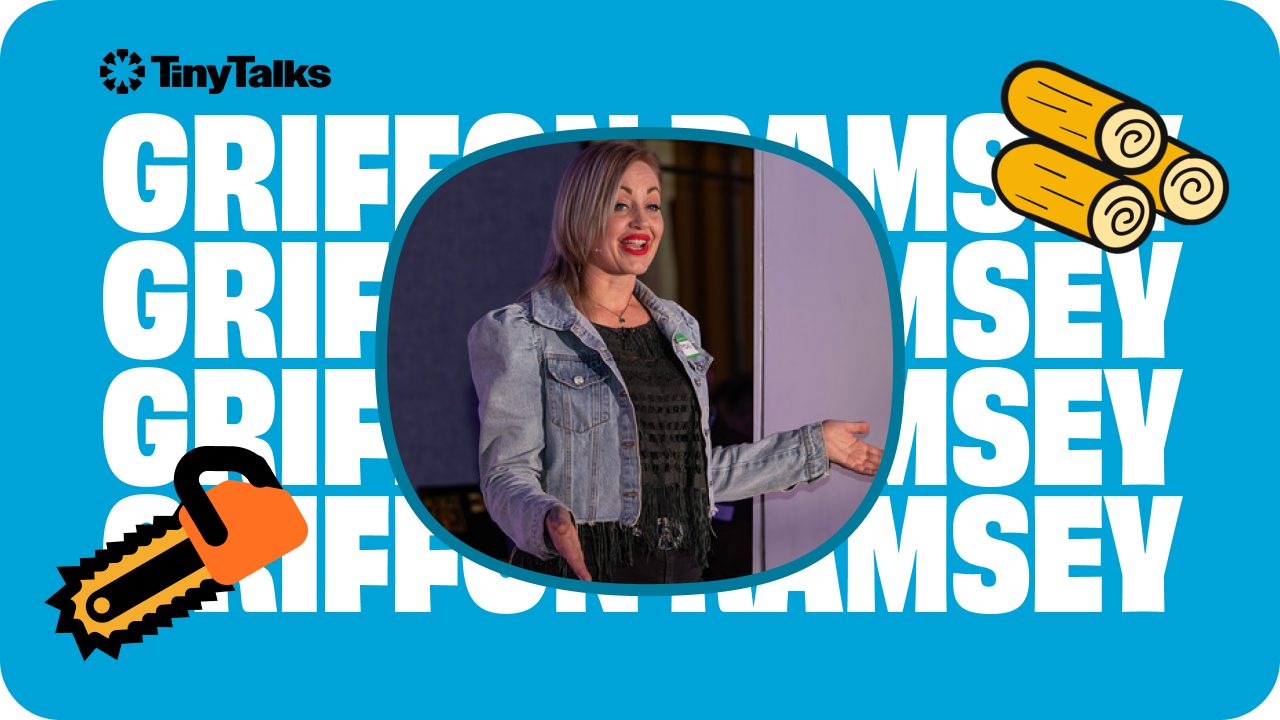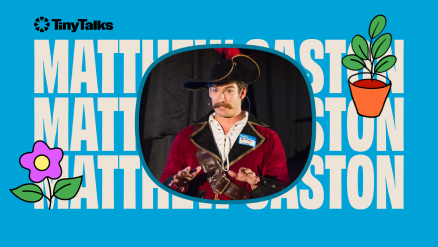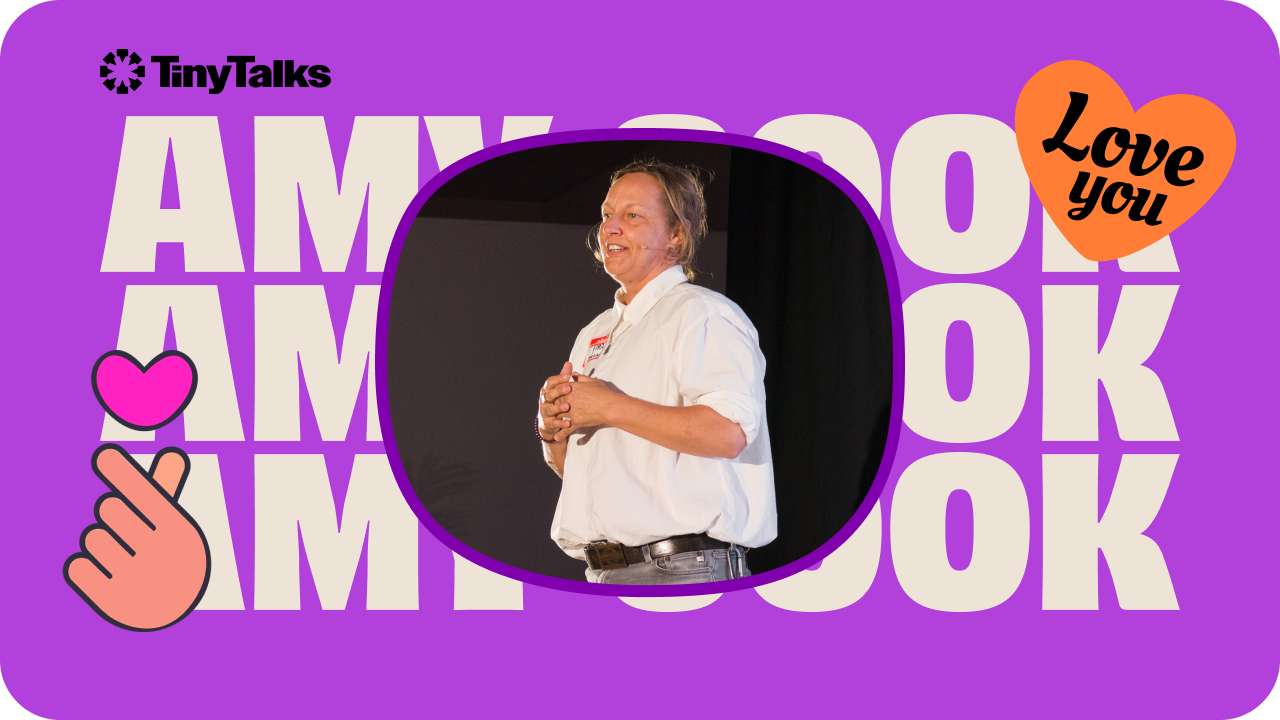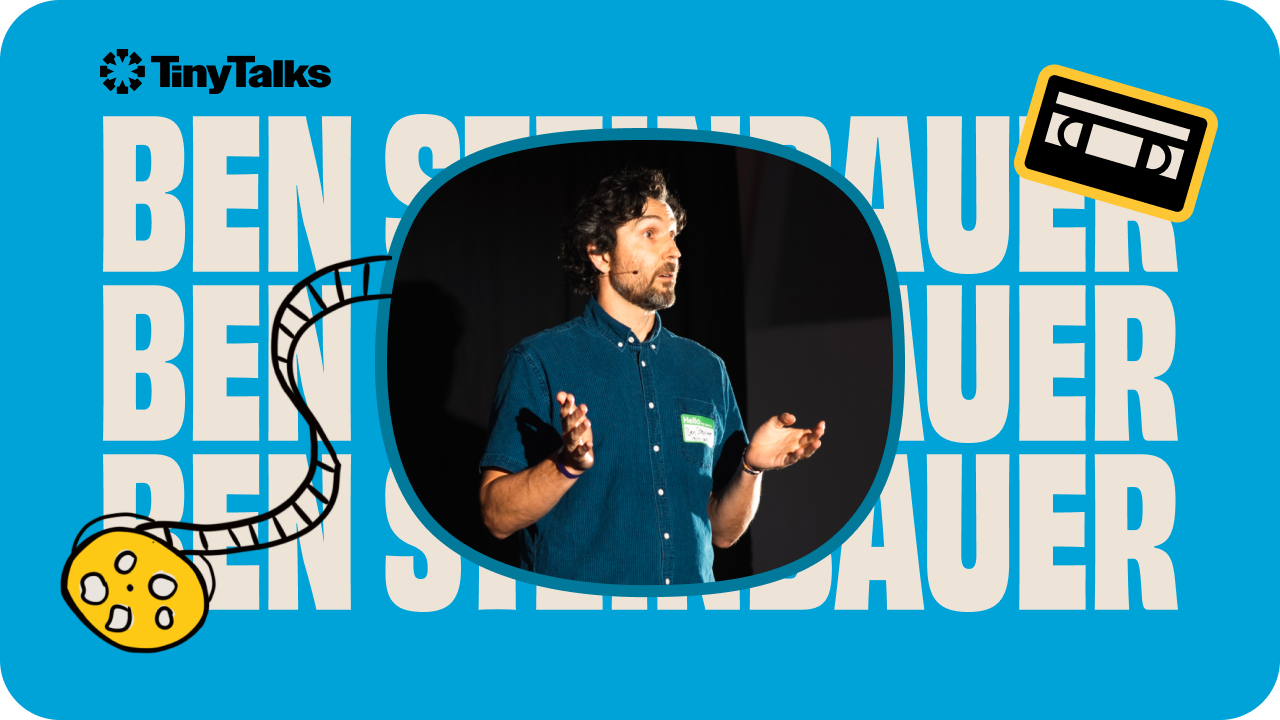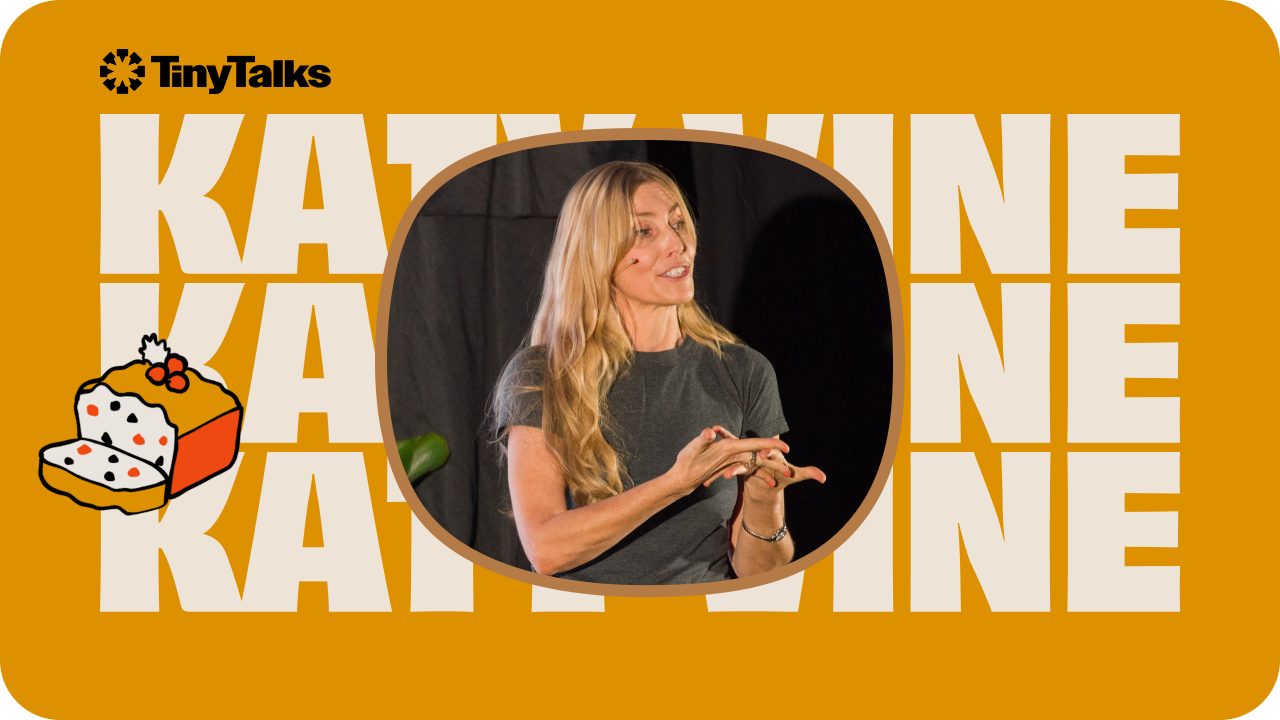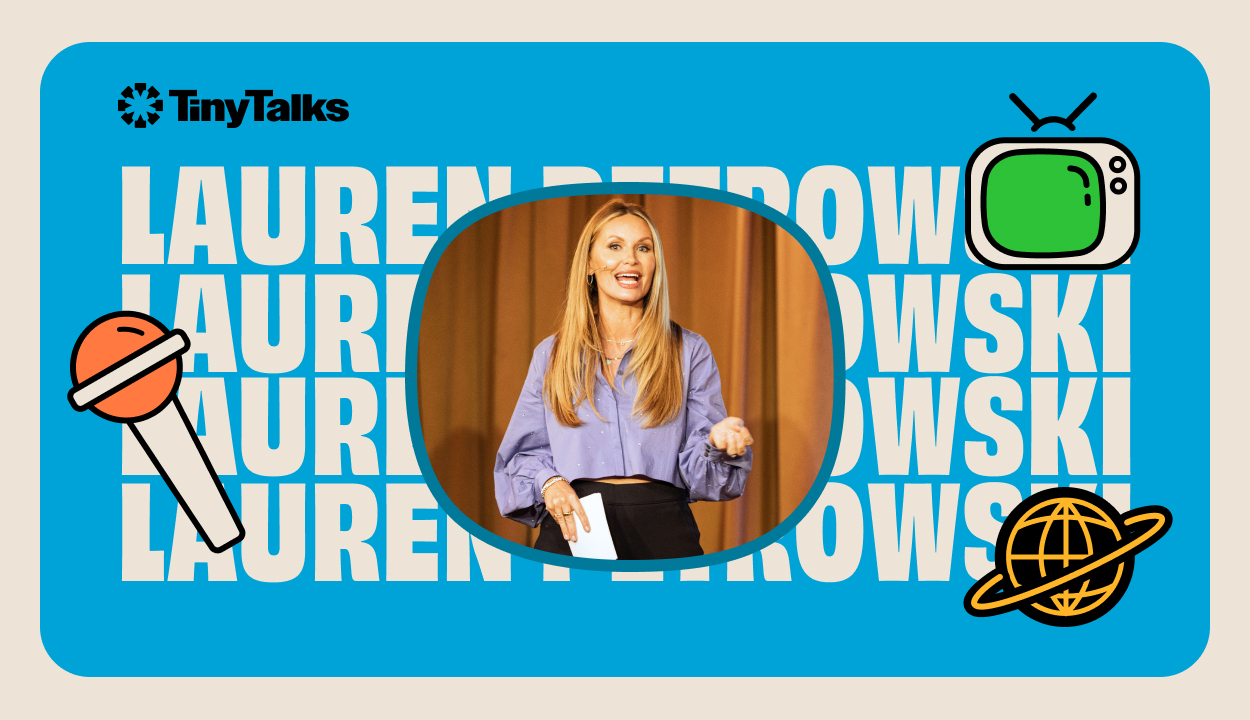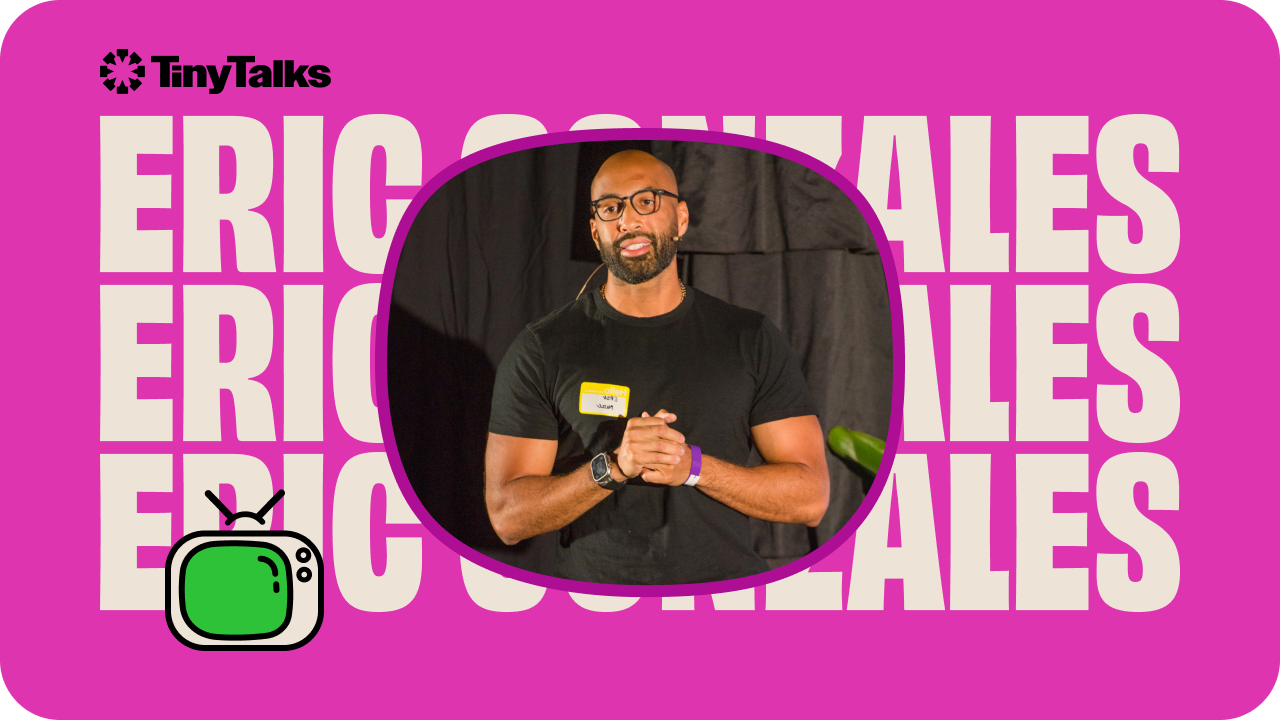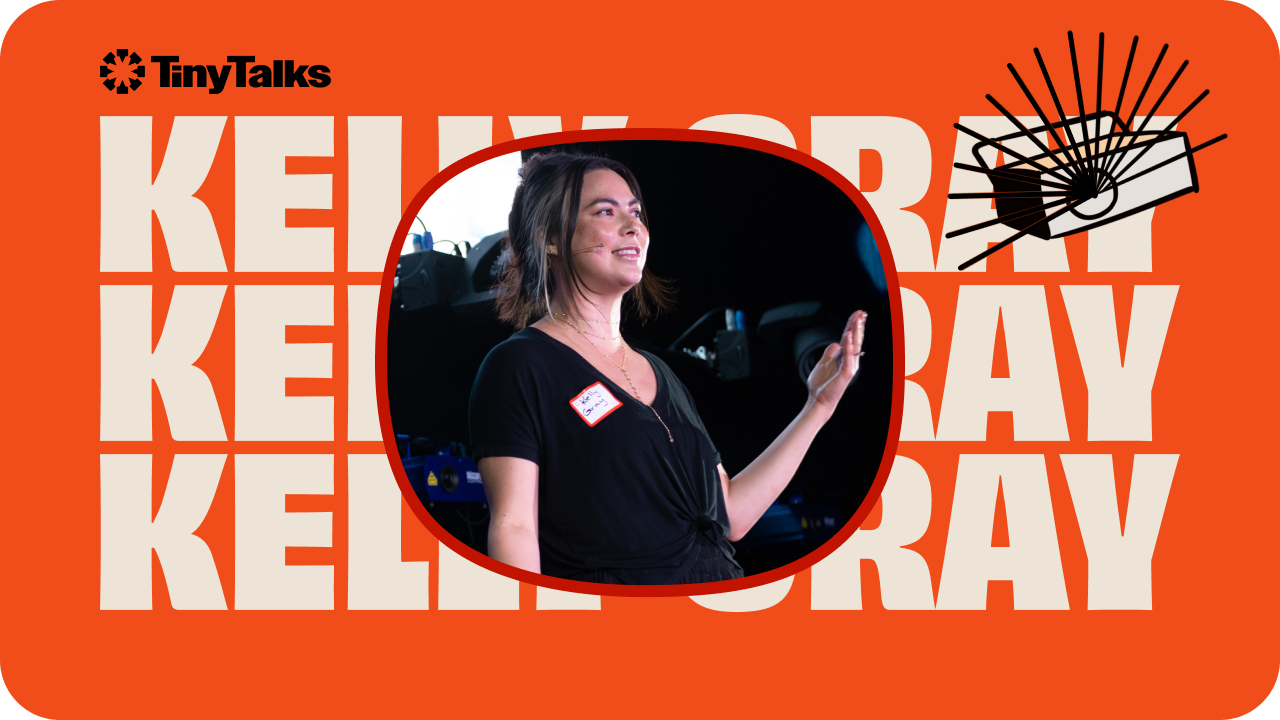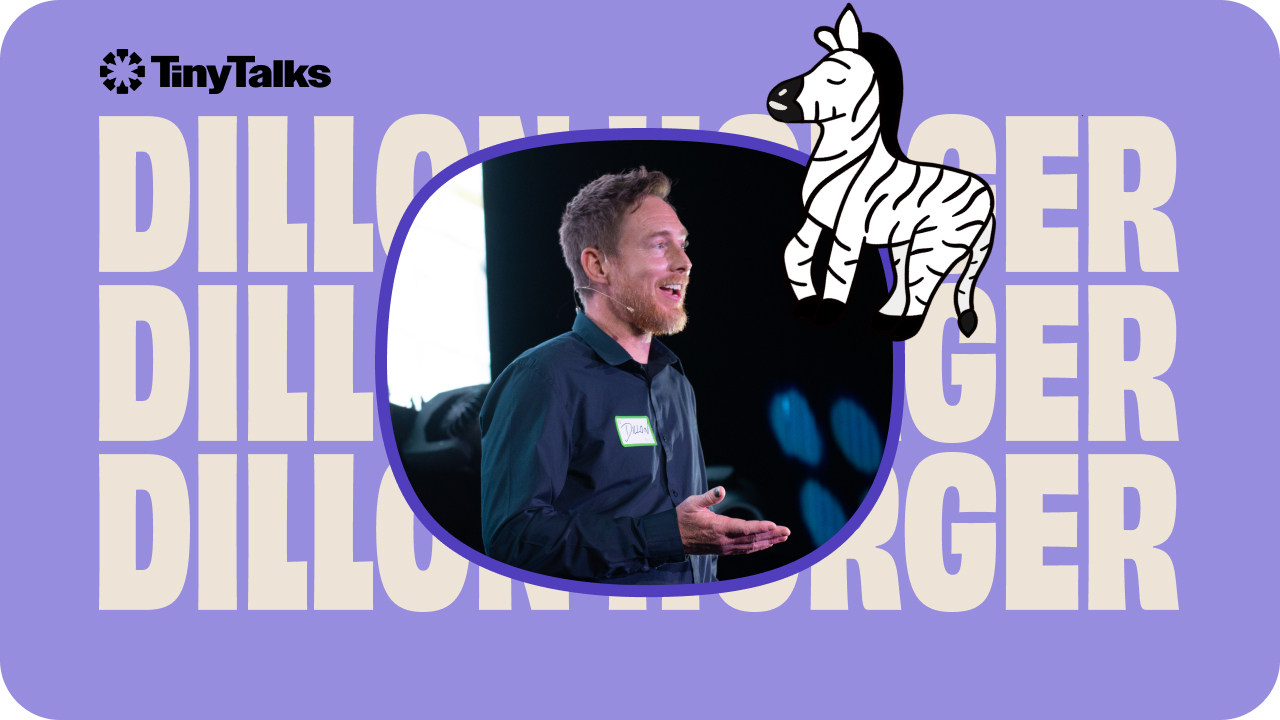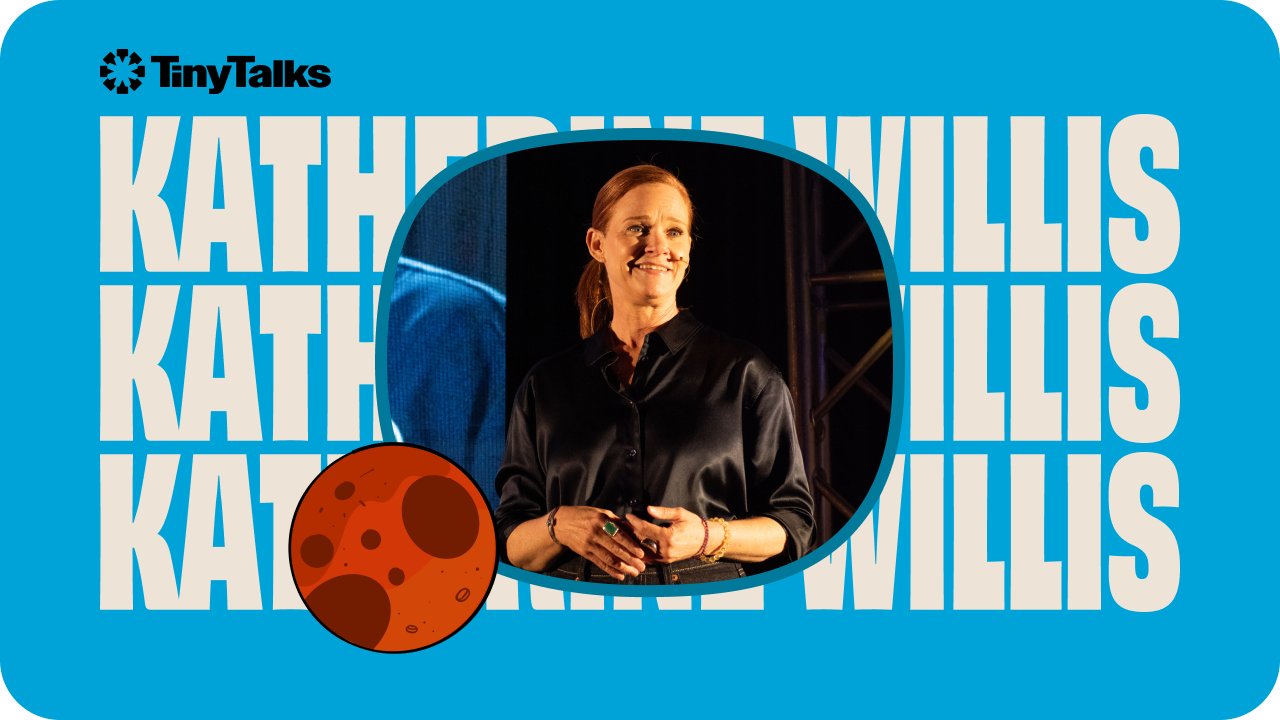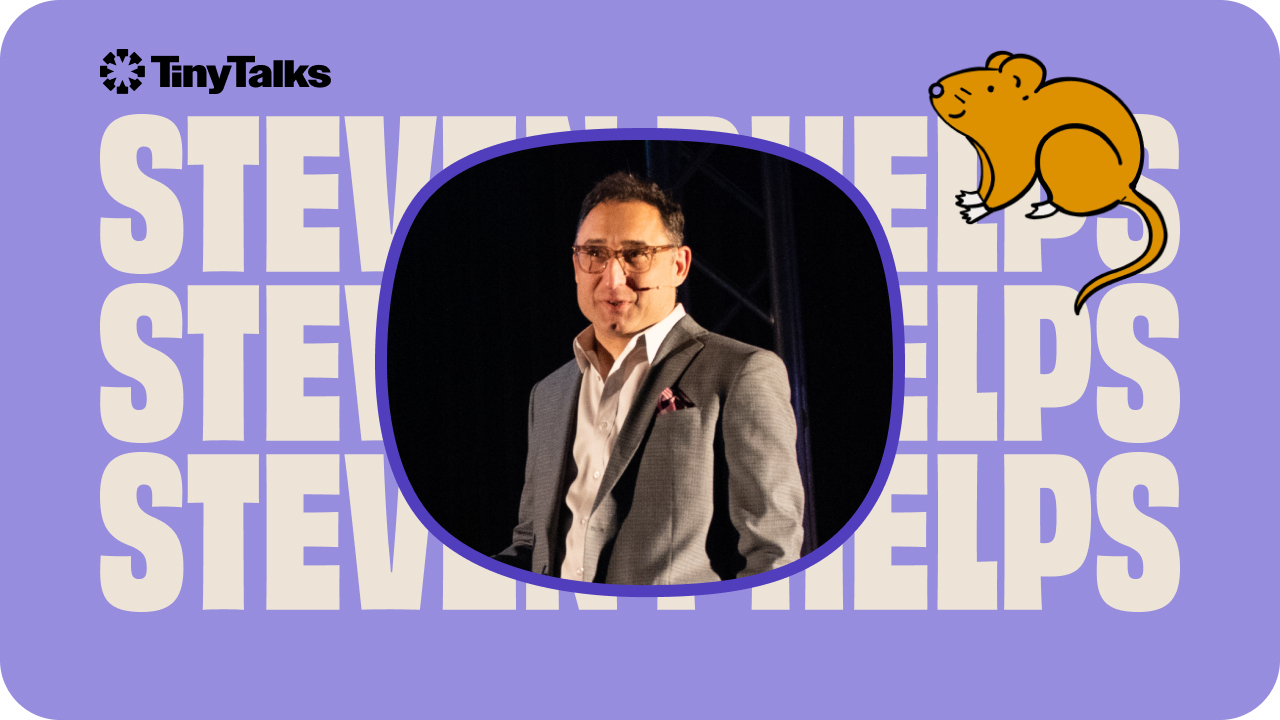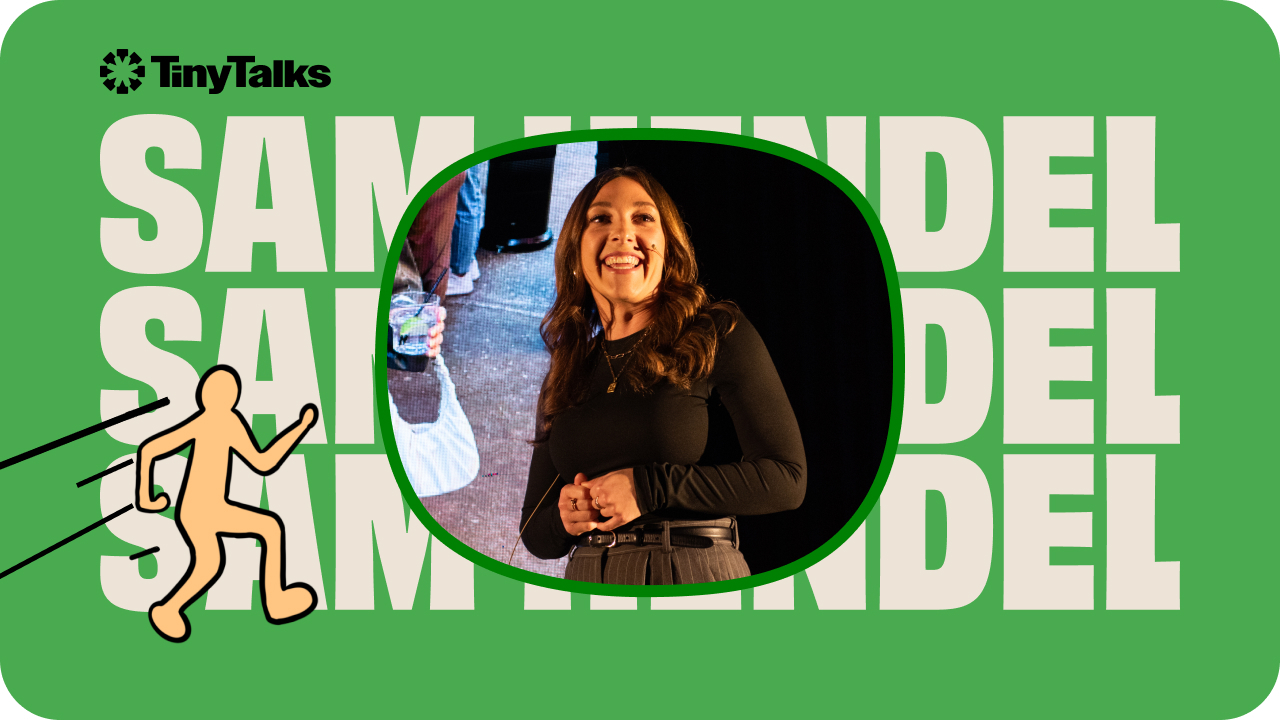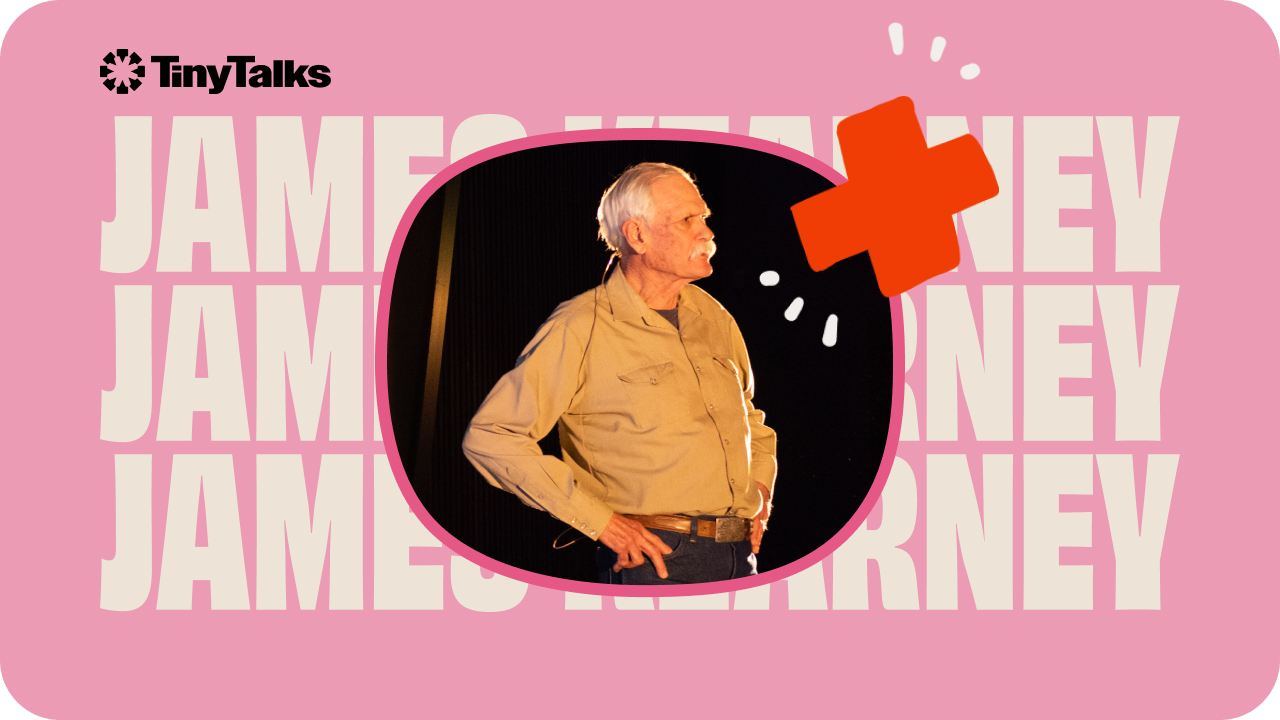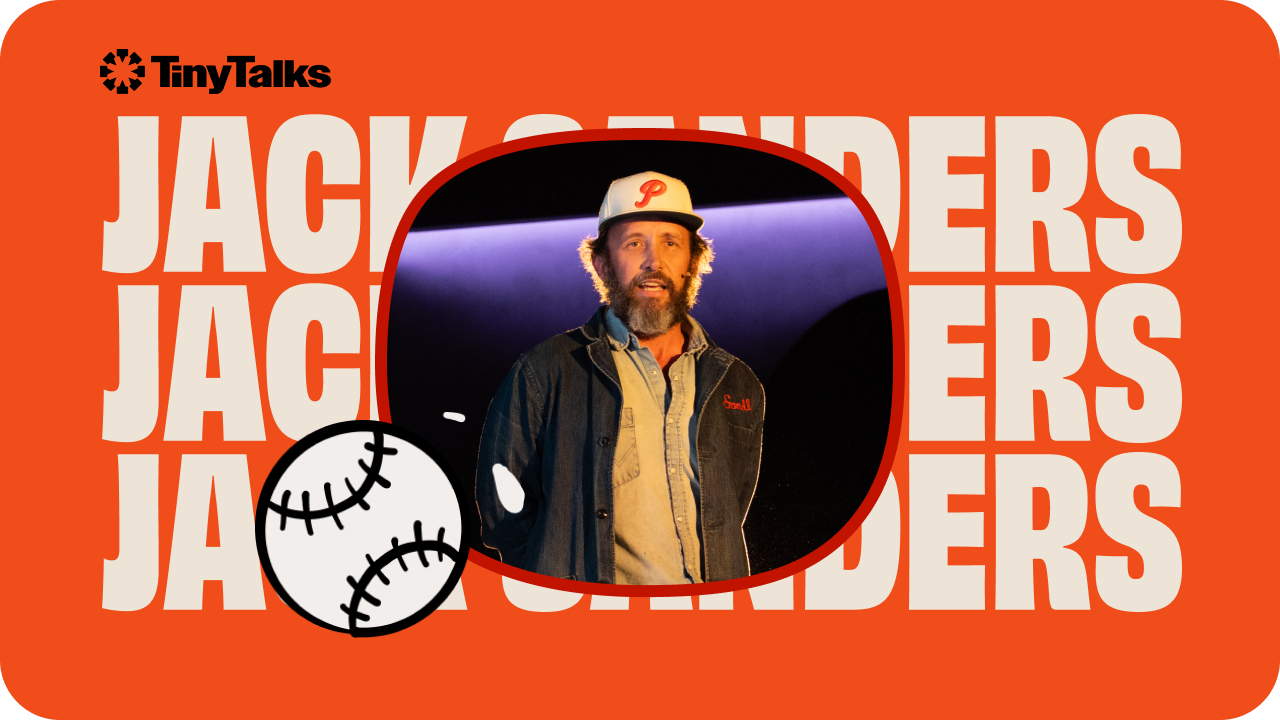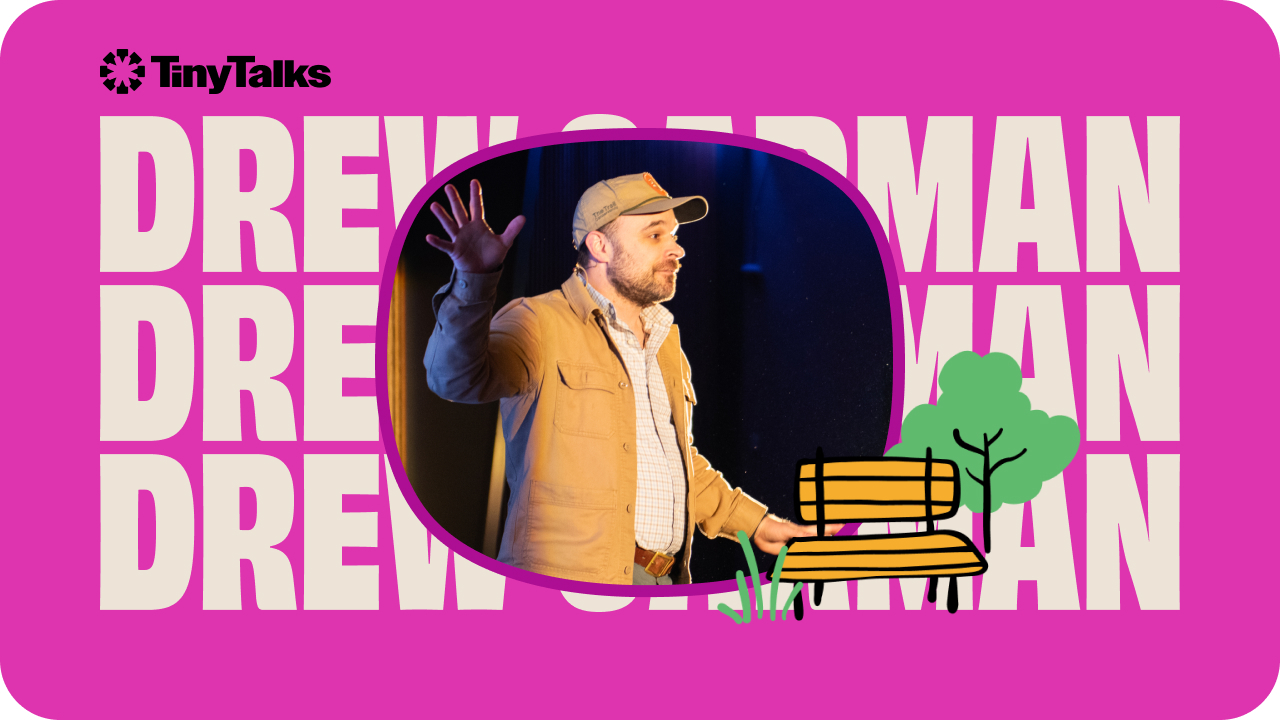The High-Stakes World of A 3 Michelin Star Kitchen
Transcript
So this is me at 21 years old, standing in one of the most intense kitchens in the world at the time, Joel Robeson at the Mansion. And at the time, I’m one of the youngest people. I’m the youngest person I’ve ever worked in this kitchen, and every day I’m fighting to keep my spot. So it was like an hour before service and I had just completed the entire preface of a four-man station because the other three, the Frenchmen went to the pool and dumped it all on me, which is a common tactic for them loaded up all on me and then haze me when I haven’t completed the work. But today was the first time that I did. But of course, when they got back, when the sous chefs found a flaw in the prep, and while my back was turned, he picked up a sheet tray and he hit me with it and I broke.
I turned to punch him, a chef steps in a moment of chaos and then silence. I glared at him and he looked at me and he knew that I was getting better than him and they couldn’t mess with me anymore. And that was pivotal for me. But now I’m going to take you back to the year 2000. It was the summer going into ninth grade. I had just gotten kicked out of this sort of boarding reformatory school thing, and I was grounded for life, so desperate to get out of the house. I got a job at this little diner in Sugar Falls, Ohio, and I was washing dishes and I fell in love with it right away. And I said, Hey, if I’m going to wash dishes, I’m going to do it for the best. So I went to fire a restaurant, which is the best in town, which ironically went up in flames years later.
But true story. But when I was there, I was running my own dish crew, gobbling up prep tasks from the cooks in exchange for tastes of the late nineties, early two thousands fine dining, which was huge for me because being from the Midwest, I primarily grew up on a diet of casserole and frozen foods and things like that. So not only did I see this as a journey, but I saw this as my ticket out of Ohio. And I told myself right then and there, I’d stop at nothing to work at three Michelin star kitchen. So at 18, I went to the Culinary Institute of America in New York. At 20, I was working for Michael Mina in Las Vegas. And at 21, I was entering one of the most lauded kitchens in the world working for Joel Robeson, the most Michelin star chef in history.
And it’s my first day in the kitchen. I’m the first one to arrive outside of the executive sous chef. He gives me a task to Bru Wallace, some tomato confi, and I’m doing it. And he asked me a question and I stopped to turn and answer him. And he says, what the fuck are you doing? You never stop working. And that moment pretty much set the tone for the next decade of my life. And you see, to be the youngest in a kitchen like this is one thing, but to be one of few Americans in this kitchen and a sea of Frenchmen meant that the next six months of my life were like an extended hell week. They wanted to break me down to build me back up, and I could either quit or get good and quit wasn’t an option. So I time myself on every task.
I went home and practiced until 3:00 AM I meticulously tracked my progress. I push harder every day, and it worked. I got better, I got faster, I got stronger. And before I knew it, I was helping my CDC do the prep for r and d dishes to present to Mr. Robeson himself. I was the one going to bail out other stations that were going down during service, and I had finally earned my place. And in kitchens like this, every second counts. There’s no room for error. Any mistake could end up on a Michelin inspector’s plate, which would cost everyone around you their careers. And back in the day, the Michelin guide, they used to call the restaurants to let you know whether you had kept or lost your stars. And losing your stars wouldn’t just be like a bad day. It would be the downfall of the restaurant, and you would forever be a part of the team that lost the stars.
So it was intense. So one day the GM walks into the kitchen and he says, chef, there’s a phone call for you in the office. This never happened. So we knew what was going on. So Chef leaves the office and I kind of peek around and I see he goes in, he picks up the phone, completely emotionless, he nods. He puts the phone down and he’s walking back to the kitchen and our hearts are pounding. You could hear a pin drop. And he gets in the kitchen and we’re standing there and he’s standing there and he says, chefs three stars. And just like that, the weight of the world is gone for a second. So after service, we go to the courtyard and we’re like savoring champagne and hugging and crying, and it’s like the biggest dopamine high you’ve ever had. And for the first time in a year, we can finally exhale.
But it’s very fleeting because anyone who’s worked in a three mission star kitchen knows that getting the stars is the easy part and maintaining them is when the real work begins. So in an anti-climatic fashion, we go home, we go to bed, and we get up and we do it all over again for the next year. And after pushing at this level, I found I was still missing something, some connection with food. I found that in Portland, Oregon where I opened my Dream 20 course tasting menu restaurant. And we had a great six years, but then the pandemic hit and we didn’t make it out. So I was completely lost. It was the first time I had stopped since I was a kid. I didn’t know who I was without this. I sacrificed my youth relationships, everything. And so I wandered for about two years trying to figure out where do I go and what do I do and who am I outside of this system? And I found this in Austin, Texas working with the EM NRI Hospitality group. They’re amazing. And I still felt like I had some itch that I needed to scratch though. And something really bugged me about the Austin food scene. Like I a weird thing, but I was like, why is the best sandwich in the city coming from a pizza shop? This makes no sense. So one day I’m on the internet and I see this bar that’s looking for a food solution. So I do what any chef having a midlife crisis does.
I open a food truck and lust knuckle sandwiches born. And for me, it wasn’t about opening a sandwich truck, it was about reclaiming my love of food on my own terms. And that was my business partner Gilbert, in the other photo. So yeah, we take the same sourcing methodology and attention to detail that we do in fine dining and we apply it to sandwiches. So instead of just putting cheese on it, we have the Boris Lee make these par pean cheese crisps. Instead of going out and buying shitty boar’s head Turkey meat, we get our Turkey and brine it and UV it and rub it zatar and roast it. And instead of getting cost-effective shitty bread, we spent about 15 hours a week driving between here and San Antonio and Dripping Springs getting bread from the best bakers in our region. And since we’ve opened, we got a really loyal following.
We’re about to open our second location and we’re trying to scale to go citywide. But the most important part is that Gilbert and I are having fun. And as I reflect on all of this, it’s a lot. I started in a small town in Ohio when I was 13, and now I’m living in one of the most exciting food cities in the country. And I’ve been really fortunate enough to work with some of the world’s best hospitality experts and chefs. And the pursuit of excellence has really shaped me along the way. And for years, I thought it was about the James Beard and the Michelin Guide and these awards. And closing the restaurant really made me take a deep dive and think about what success means to me in the longterm. And at 38, I’ve been doing this for nearly 25 years, I think I’m kind of figuring out, and I think for me, what I’ve learned through all this is that success is about building something that lasts and is about building something that’s truly a service to your community, and most importantly, not losing yourself along the way. Thank you.



